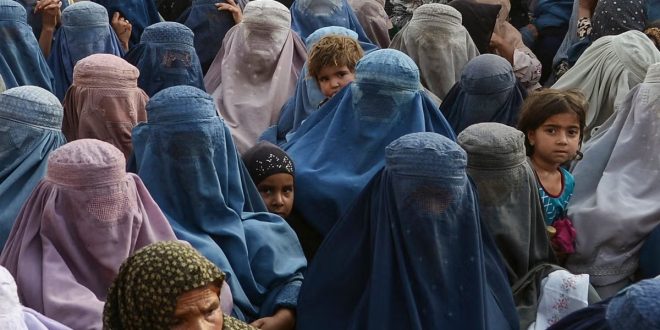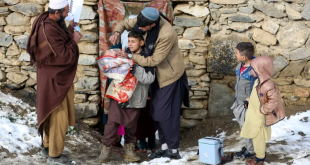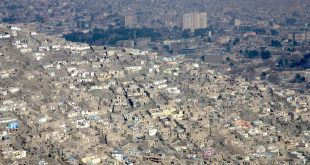AT News
KABUL – As 2023 draws to a close, Afghanistan remains entangled in a dire humanitarian crisis, particularly affecting the well-being and freedoms of women and girls under the rule of the Taliban. Since the Taliban’s takeover in August 2021, the situation has reached new lows, with severe repercussions for the population, especially women.
The Taliban’s policies have erected formidable barriers to women’s health and education, limiting freedom of movement and expression while depriving many of earned income. Shockingly, the extremist group has banned women and girls from secondary and higher education, altering curricula to emphasize religious studies and imposing strict regulations on attire, travel, and workplace segregation.
The dismantling of formal police forces and the Women’s Affairs Ministry, coupled with extortion from communities and targeted intimidation of women associated with foreign organizations, has created acute feelings of insecurity among Afghan women. Reports highlight serious mental health consequences, including fear, anxiety, and a deep sense of loss and helplessness.
Amidst these challenges, the International Monetary Fund’s earlier prediction of a 30% contraction in GDP following the Taliban takeover has proven accurate. Afghanistan continues to grapple with human rights violations, economic crises, and a significant decline in living standards.
Amnesty International reports extrajudicial executions, lack of freedom of expression, and restrictive decrees on women’s rights, further exacerbating the crisis. The mass exodus of skilled professionals has left essential sectors severely under-resourced, compounding the country’s woes.
The UN Office for the Coordination of Humanitarian Affairs notes a staggering increase in poverty, with 97% of Afghans living below the poverty line. The ban on women’s working and studying has confined them to their homes, with severe consequences for their overall well-being.
In December 2022, the Taliban’s announcement banning Afghan women from attending university triggered nationwide protests, met with harsh repression. The subsequent arrest of protesters and journalists, along with orders to NGOs to suspend female employees, drew condemnation from the international community.
The European Union, in particular, condemned the Taliban’s actions, assessing the impact of aid in Afghanistan. Meanwhile, the freezing of foreign reserves and the reduction of development assistance have hampered the economy, leading to further suffering in healthcare, employment, and education.
Despite global calls from organizations such as Amnesty International, the United Nations, and the European Union, urging the Taliban to lift the ban on women’s education and employment, Afghanistan’s future remains uncertain as it grapples with ongoing crises and a challenging socio-political landscape.
 Afghanistan Times
Afghanistan Times




